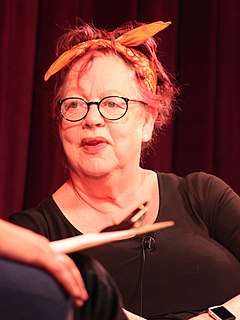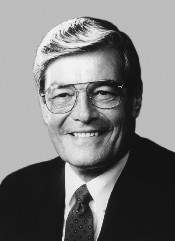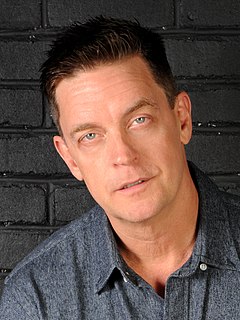A Quote by Ben Lerner
Maybe that's the way I'm private - I respect the privacy of "my" characters? Anyway, we're getting close to the whole "relatability" and "likability" thing.
Related Quotes
I don't think he would have had any trouble answering Justice Sonia Sotomayor's excellent challenge in a case involving GPS surveillance. She said we need an alternative to this whole way of thinking about the privacy now which says that when you give data to a third party, you have no expectations of privacy. And [Louis] Brandeis would have said nonsense, of course you have expectations of privacy because it's intellectual privacy that has to be protected. That's my attempt to channel him on some of those privacy questions.
I'm worried about privacy because of the young people who don't give a damn about their privacy, who are prepared to put their entire private lives online. They put stuff on Facebook that 15 years from now will prevent them from getting the jobs they want. They don't understand that they are mortgaging their future for a quick laugh from a friend.
Writing a short story is like painting a picture on the head of a pin. And just getting everything to fit is - sometimes seems impossible. Writing a novel, though, is - has its own challenges of scope. And I think of that as painting a mural, where the challenge is that if you are close enough to work on it, you're too close to see the whole thing.






































